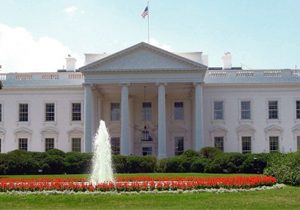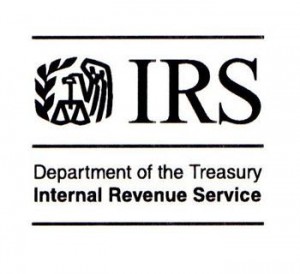 Based on both campaign promises and Donald Trump’s plans for his first 100 days, a Trump presidency is likely to make major changes in employee benefits law. The most significant ones are likely to be:
Based on both campaign promises and Donald Trump’s plans for his first 100 days, a Trump presidency is likely to make major changes in employee benefits law. The most significant ones are likely to be:
- Major changes in the Affordable Care Act (although the timing and extent of such changes are unclear), combined with expansion of health savings accounts.
- Postponement or elimination of the recently issued Department of Labor fiduciary regulations.
- Loosening of executive compensation rules.
- Further cutbacks in IRS guidance and audit activity.
- Increased hostility to consideration of noneconomic factors in selecting retirement plan investments.
- Diminished enforcement of protections for LGBT employees.
- Increased activity at the state level, including establishment of state-sponsored retirement plans for private employers.
These issues, and others of less general concern, are discussed below. Read more.

 On January 27, 2016, the IRS issued
On January 27, 2016, the IRS issued  Highlights of
Highlights of